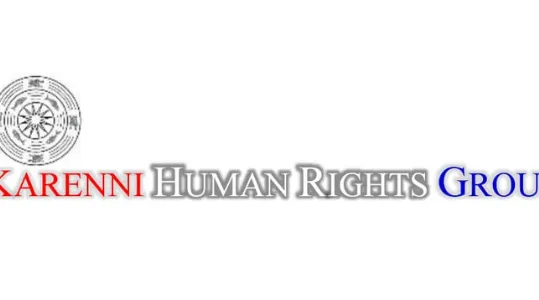Nationwide Flooding from Typhoon Yagi Sees Additional Hardships for Conflict-Affected Communities as the Junta Continues to Commit Human Rights Violations
09 October 2024

Overall Analysis
During the third quarter of the year, flooding amid the monsoon season created additional challenges for civilians who have
been forced to flee their villages under attack by the military junta. These include a rise in water-borne diseases and challenges accessing health services due to roadblocks and increased junta checkpoints. The death toll from Typhoon Yagi surged to over 350 people, and hundreds of thousands are internally displaced, with entire villages being evacuated across the country. Internally displaced people (IDPs) from Karenni State are facing critical food shortages as the junta continues to carry out human rights violations amid the flooding, with over ten shelters for IDPs completely destroyed, adding further turmoil and uncertainty for trauma- affected communities. There is an urgent need for humanitarian relief as thousands are vulnerable and lack adequate housing.
The Karenni Interim Executive Council (IEC), estimated that nearly 40,000 people have been affected by floods in four Karenni and Pekon Township townships since September 9th, and at least 12 displacement camps have been submerged. Local Karenni authorities issued several warnings amid the threat of landslides during the continuous rains as they worked alongside civil society organizations and first responders to aid in the humanitarian assistance effort. Worryingly, it was reported that the junta has taken advantage of the flooding to try and reinforce troops in areas controlled by the resistance. By the end of September, flood-affected IDPs in Karenni were still grappling with the aftermath of  the three- foot rise in water levels. Townships, including Loikaw, Demoso, and Hpruso and Pekon in Shan State, continued to see excessive rains and floods.
Announcements
21 May 2025
Open letter: Malaysia must lead ASEAN with principle, not hypocrisy, to address the Myanmar crisis

Progressive Voice is a participatory rights-based policy research and advocacy organization rooted in civil society, that maintains strong networks and relationships with grassroots organizations and community-based organizations throughout Myanmar. It acts as a bridge to the international community and international policymakers by amplifying voices from the ground, and advocating for a rights-based policy narrative.